Find the best debt collection agency in Africa
Never worry about collecting unpaid invoices in Africa again. Debitura connects you with the best collection agencies in Africa.
The ultimate guide to debt collection in Africa
Do you want to know how to collect debts efficiently in Africa?
If yes, then this guide is for you!
This guide helps businesses learn efficacious techniques for collecting money owed in Africa. It encompasses effectively communicating with customers about unpaid invoices to save time and cash when attempting to reclaim debt from delinquent payers. With the knowledge gained from this resource, companies can confidently negotiate payment terms that will suit everyone involved!
We will try our best to get you your money on time. Our platform works with the best debt collection lawyers and agencies in all 54 countries across Africa. So you don't need to worry about people not paying you! With our help, you can be sure that anyone you do business with will pay you on time and as agreed.
Africa comprises 54 countries and over 1.3 billion people, with a combined GDP of over $3.3 trillion USD. It is home to numerous cultures, languages, and religions, and its landscape consists of vast deserts, tropical rainforests, and sweeping savannas. Additionally, Africa is the world's second-largest and second-most-populous continent.
Debt collection is an essential part of doing business in Africa. Still, it can be challenging due to the various laws, regulations, and cultural norms that differ across African countries. This guide will provide information about how debt collection works in Africa, and we have written other articles for successfully navigating the debt collection process in each country.
We will explore different techniques for collecting debt, such as out-of-court settlements, negotiation and mediation, litigation and more. We will also discuss the importance of understanding cultural norms when dealing with customers in Africa and how to communicate effectively about payment terms. Additionally, we will look at the general payment behaviour when doing business in Africa.
Partnering with Debitura means you gain access to our extensive network of local debt-collection specialists across all 54 African countries. You will benefit from the valuable knowledge and expertise of individuals well-versed in their fields. Now that you understand what we offer, let's dive deeper into how debt collection works in Africa!
The African economy
The African economy is a complex, dynamic system essential to the global economy. With a combined GDP of over $3.3 trillion USD, Africa is the world's second-largest and second-most-populous continent, with 54 countries and over 1.3 billion people.
Despite the impressive economic growth experienced in recent years in many African countries, there are still significant challenges that need to be addressed to ensure long-term prosperity for the region.
Poverty in Africa is devastating for millions of people living on the continent. Despite impressive economic growth in recent years, almost half of the population (44%) still lives below the international poverty line of $1.90 per day.
In terms of absolute numbers, poverty in Africa is particularly acute, with over 400 million people living in poverty. Many African countries suffer from high unemployment rates and low labour force participation, meaning millions of individuals lack access to decent wages and employment opportunities.
In addition to poverty, Africa is also highly susceptible to natural disasters such as drought and floods. These disasters devastate economic growth, leading to food insecurity, poverty, and political unrest.
Due to these factors, the African economy can be highly volatile and unpredictable.
It should be noted that doing business in Africa can be risky due to political instability, currency exchange issues, and a lack of legal protection for creditors. Furthermore, numerous cultural differences across the continent must be considered when collecting debt. For example, haggling is a common practice in many African countries and should not be seen as an insult but rather as part of the negotiation process. Additionally, it is essential to recognise that the concept of time in Africa works differently than in other parts of the world; deadlines may not be taken seriously or enforced similarly.
The largest economies in Africa
- Nigeria is the largest economy in Africa, with a Gross Domestic Product (GDP) of $453.8 billion USD as of 2021. It is also one of the fastest-growing economies in the world. This growth has been driven by the country's vital energy sector, which contributes about 10% to its GDP. Nigeria's agricultural sector also provides food for millions of people and generates export earnings from crops like yams, cocoa, and rubber.
- South Africa is the second-largest economy in Africa, with a GDP of $418 billion USD as of 2021. It is a regional leader in economic development and has higher living standards than most other countries on the continent. Most of its GDP comes from its manufacturing sector, which produces vehicles, machinery and metals, among other products. Mining is another major contributor to South Africa’s economy; it accounts for around 8% of the country’s total GDP and employs more than 450 000 people across different industries such as gold, platinum, coal and diamonds.
- Egypt has a large population which means it has a significant potential for economic growth. It has a GDP of $402 billion USD as of 2021, and its primary source of income comes from tourism and remittances from its ex-pats living abroad. Moreover, Egypt’s manufacturing industry provides jobs for millions and exports goods such as textiles to other countries worldwide. Egypt also has considerable natural resources, such as oil and gas reserves which generate income for the government through taxes and royalties paid by international companies operating in this sector in Egypt.
- Algeria is one of Africa’s wealthiest countries thanks to its vast oil reserves, which account for over 95% of its export revenue. Its GDP was valued at $164 billion USD in 2021, making it the fourth-largest economy on the continent. Algeria's economy relies heavily on hydrocarbon products such as crude oil and natural gas that is exported mainly to European countries like Italy or Spain while also having a significant presence on global markets due to its strategic location between Europe and Asia via the Mediterranean Sea routes.
- Marocco is considered an upper-middle-income country with a stable market-oriented economy with an estimated GDP estimated at $131 billion USD in 2021, ranking it fifth among African nations based on size, according to World Bank statistics. Marocco boasts critical economic sectors such as agriculture, tourism services, finance industry, telecommunications, fishing energy, transport logistics, automotive production aerospace, amongst others have all contributed significantly towards Marocco’s impressive economic performance since independence from France's nearly seven decades ago. With significant foreign investment flowing into Marocco in recent years, this upcoming nation could soon become one of Africa’s biggest success stories.
The challenge with late payments in Africa
Throughout history, African businesses and individuals have experienced economic hardships due to the persistent issue of late payments. This problem is particularly prevalent in the continent due to a lack of adequate regulations, weak enforcement mechanisms and reliance on traditional payment methods like cash. African businesses don’t have access to the same amount of capital as those in more developed regions, so late payments can often be crippling for them. This issue makes it difficult for African entrepreneurs to grow their ventures and increase their productivity, hindering economic growth at a continental level. Furthermore, individuals cannot rely on the income from regular paid jobs if employers are not paying wages on time.
Most African people have used cash for payments, but this is changing. More people are making online payments because it is easier and faster. This trend is expected to continue as more businesses switch from cash to electronic payments.
Africa's electronic payments industry is experiencing a rapid transformation, with entrepreneurs and capital driving innovation that offers solutions for businesses and consumers. The domestic e-payments market in Africa is anticipated to rise by 20% each year - which amounts to an estimated $40 billion revenue mark by 2025 - compared to Latin America's current $200 billion. This growth rate far outpaces the global payment sector as a whole, which only has projected growth of 7% annually over the same period.
Approximately 30% of all B2B invoices in Africa are paid late, leading to significant business revenue losses. The average payment terms and DSO is also significantly higher in Africa than in other continents. For example, a 2021 study shows that the average payment terms in Marocco are 79 days, and approximately 50% of all invoices are paid late. This is the highest figure in North Africa and one of the highest on the continent.
A study by Xero shows that 91% of all SMEs in South Africa are currently owed money outside their payment terms and are owed. Shockingly, 17% of South African SMEs have even faced bankruptcy due to late payments.
The numbers don't lie: companies need to ensure their invoices get paid on time, explaining why debt collection holds such importance in the business world.
Mastering the art of debt collection can be a pivotal factor in determining success or failure. To get you off to an auspicious start, here are some helpful tips:
- When you are choosing people to work with, be choosy. Make sure that you check their credit history. A bad credit history could mean that they will have problems paying you on time in the future.
- It is essential to be polite when you follow up. Cloud tools make this an effortless process by scheduling follow-ups and allowing you to track who owes you money anytime, anywhere!
- If someone pays their bill late, charge them interest.
- Automating your payment process will help you save time. Automated responses and reminders will help you remember to collect payments on time.
- Invoice people early. Get recurring clients to agree to pay you on the first or 15th of the month.
The regulatory framework for debt collection in Africa
When trying to collect a debt from an African debtor, the laws and regulations of the country where the debtor is located must be followed. For instance, if you're looking to collect from a South African counterpart, all proceedings must abide by the legal framework South Africa outlines - including obtaining permits for debt collection activities and having knowledge of potential court proceedings should financial recovery require more intensive action. Thus, before initiating any collecting procedures, creditors must be aware of jurisdiction-specific rules related to their debtors' countries.
The legal system in Africa is comprised of a rich and varied array of laws and practices, reflecting the diverse cultures and languages present across the continent. While there is no single unified legal system, there are similarities between the different countries in terms of their legal structure, jurisdiction, and sources of law.
In general, most African nations have adopted a hybrid system combining customary law with common or civil law aspects. Customary law refers to rules based on local customs or traditions, while common law originates from prior decisions made by judges in similar cases. This combination allows for a broader range of justice outcomes than possible under either alone.
Some African countries have adopted specific legislation aimed at protecting creditors’ interests while protecting consumers from potential abuse by creditors. An example is Tanzania's Debt Collection Act (2014), which allows creditors to take non-judicial action, such as charging additional interest or fees if payments are not made on time. It also prevents collectors from engaging in practices such as harassing phone calls or intimidating visits designed to pressure borrowers into making payments they cannot afford or pursuing legal action without due cause.
Sadly, most African countries have ineffective laws that cannot guard businesses against being paid late. As a result, many companies suffer through extensive and complicated legal processes for simply trying to get what they're owed.
The debt collection process in Africa
Regarding recovering debt, each African nation has its own set of regulations. To make things simpler, we have summarised our standard procedures in the image below:
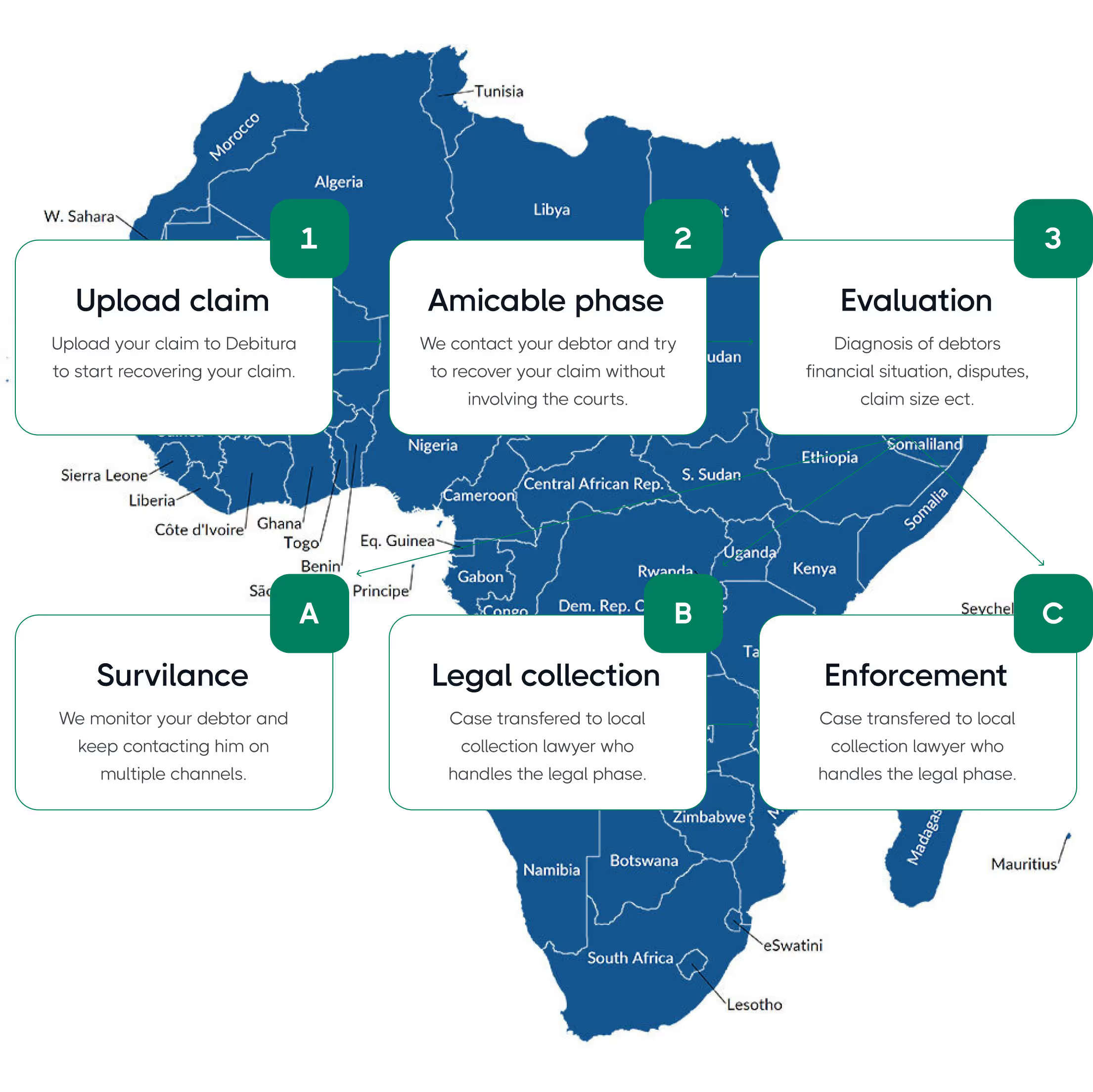
1 Upload your claim:
If you need help with your debt, Debitura can assist you. We will provide you with three free, secure quotes from local African partners specialising in debt collection. All we need is a few pieces of information from you. No matter how big or complicated your case is, we have the experience and resources to make sure you get the money you are owed.
2 Amicable collection:
Debitura offers a solution where you only have to pay if we are successful in collecting the debt. Our team will contact the debtor by email, SMS message and letters. We also use other communication networks in that nation. With Debitura's help, we always aim to have either payment received or have them comprehend their debt along with setting up an instalment plan.
3 Evaluation:
If the debtor has not paid you back during the amicable phase, it is time to think about what to do next. Before we choose the best option, let us review some details like how much money they owe and if there is a chance they will be able to pay you back soon. In general, there are three choices:
A Surveillance:
If you are owed less than $5000, it may not be worth taking legal action. Instead, consider debt surveillance. Our team will keep trying to contact the person who owes you money and try to reach an agreement that is good for both of you.
B: Legal collections:
If your claims are large, it is a good idea to take legal action. Debitura has partnered with debt collection attorneys throughout Africa who can give you personalised advice and an accurate estimate for your case.
C: Debt enforcement:
If you have an admission of debt or court order, the bailiff's court can help make sure your legal claim is carried out.
Summary
Even though it can be tricky, businesses in Africa have the potential to collect their unpaid invoices. By becoming familiar with local regulations and partnering up with an established debt collection agency, you'll see your chances of success skyrocket!
Let us help you find the perfect partner to support the recovery of your receivables. We have partnered with professionals from across 54 African countries who are eager to assist. Take action now and contact us for three free quotes – at absolutely no cost!
.svg)

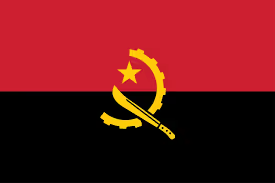
.avif)
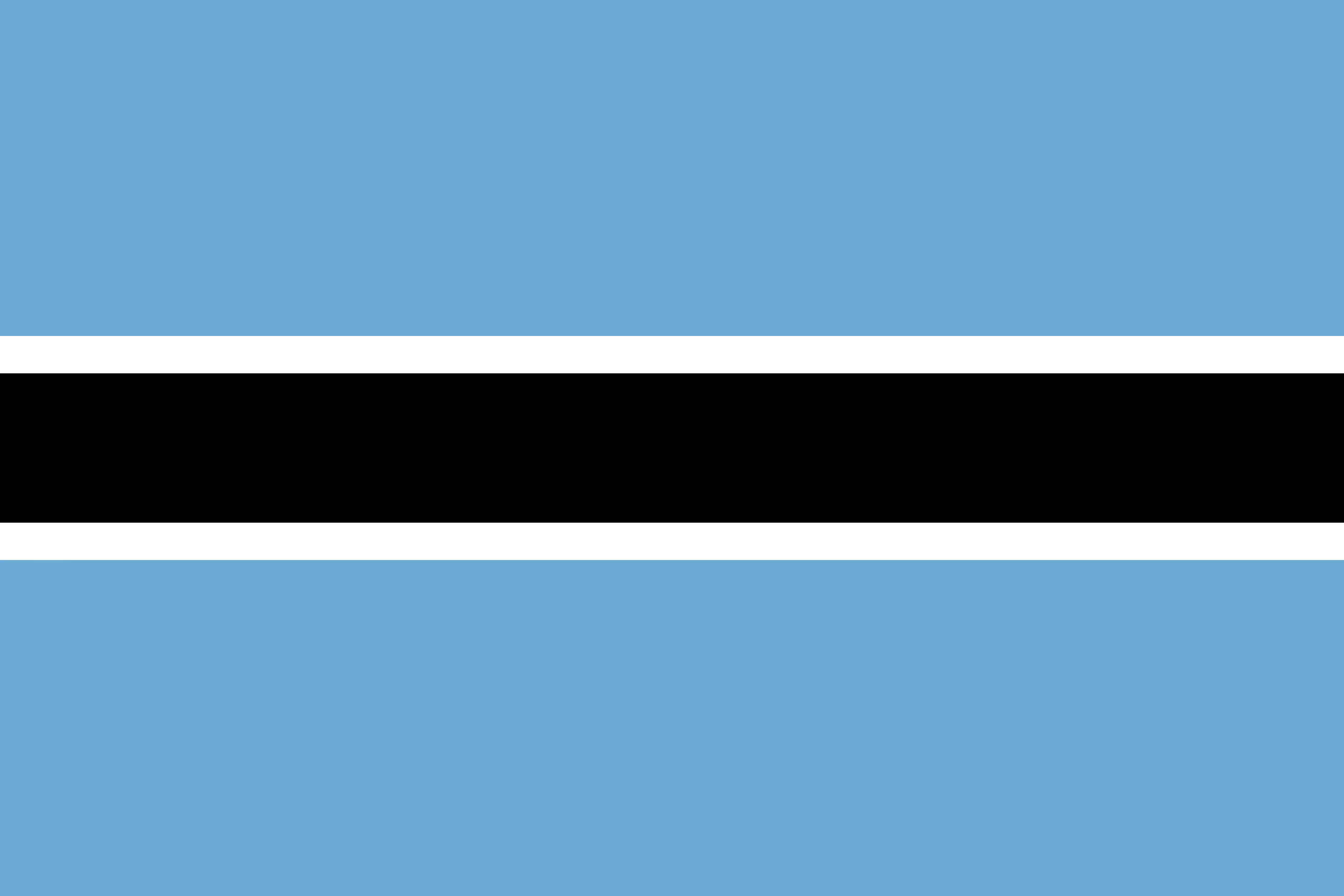
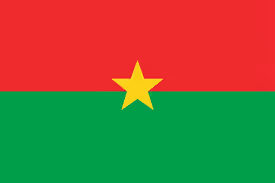
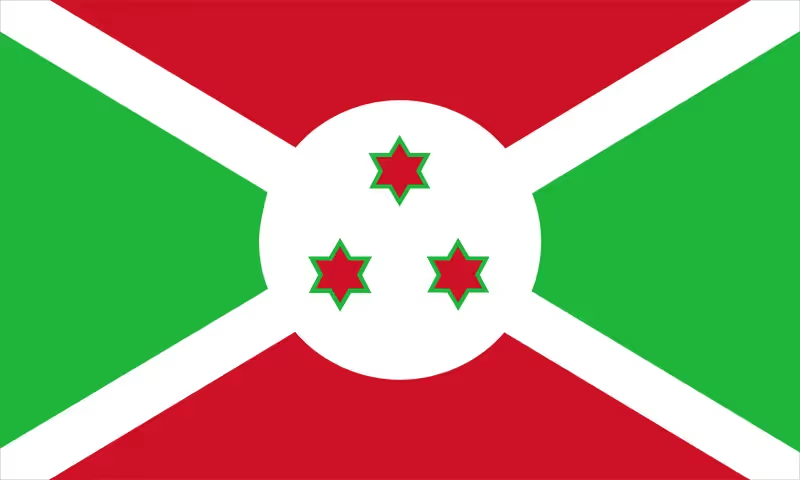
.avif)
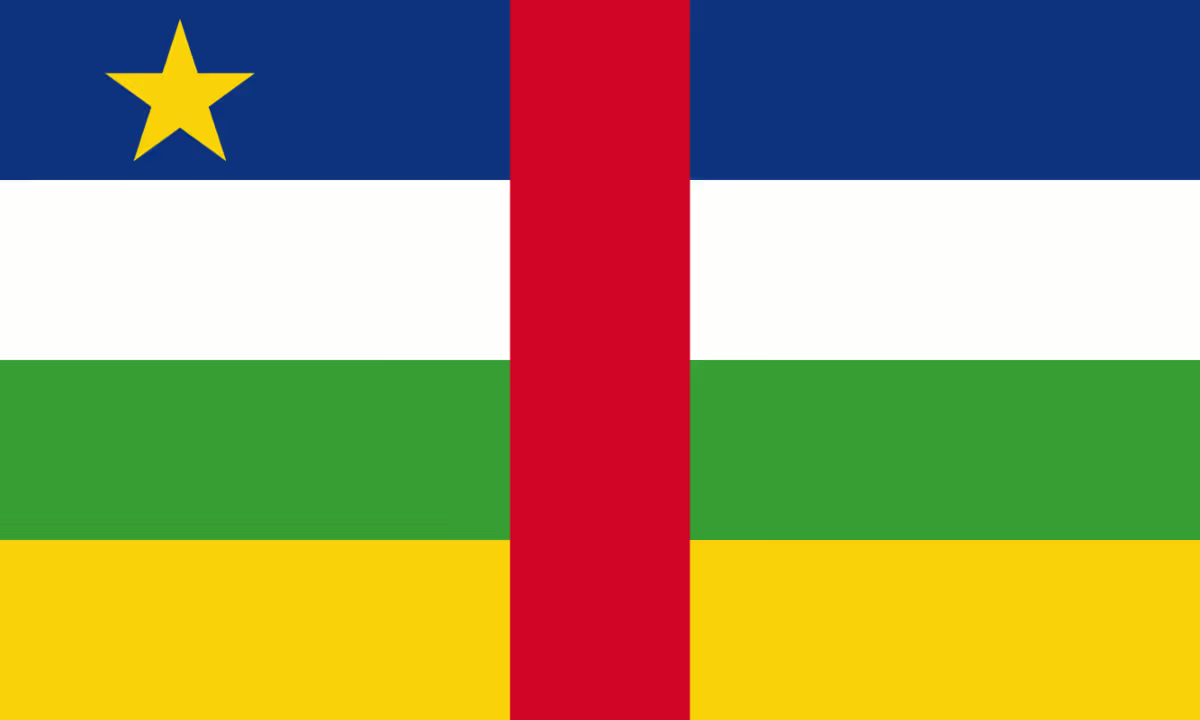
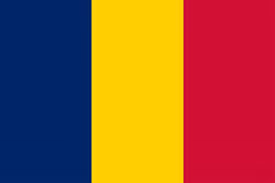
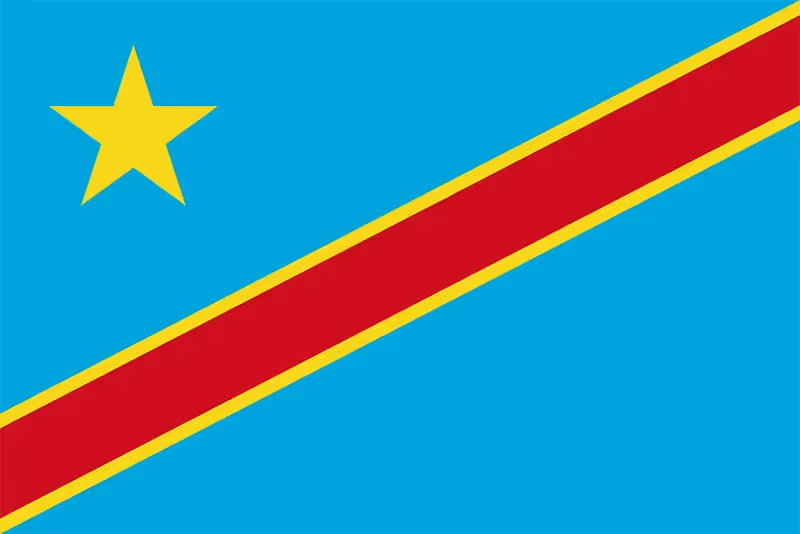
.avif)
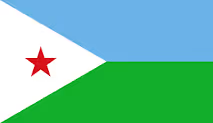
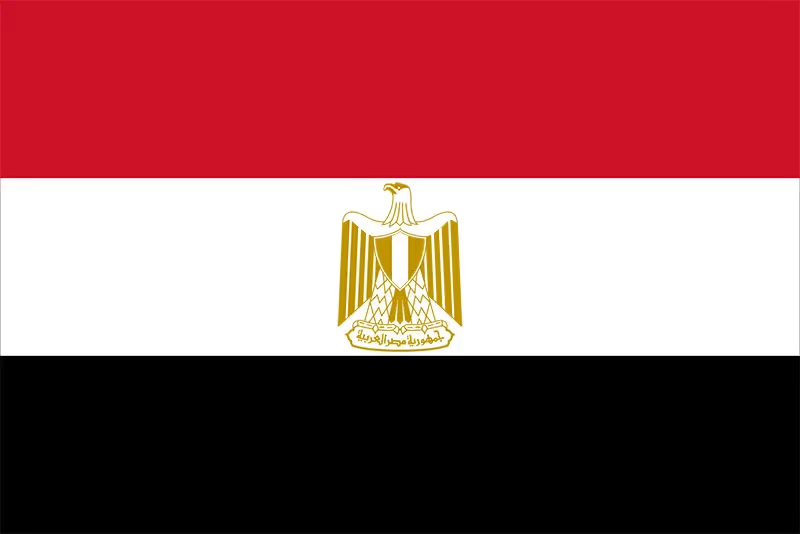
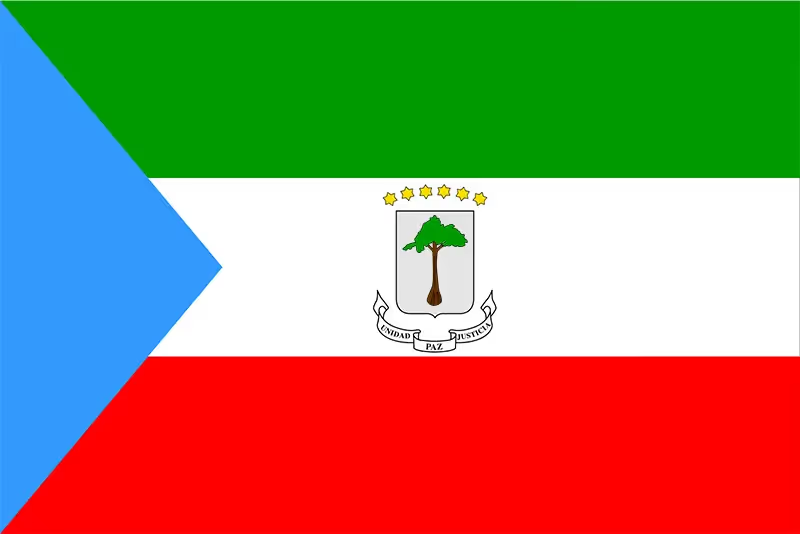
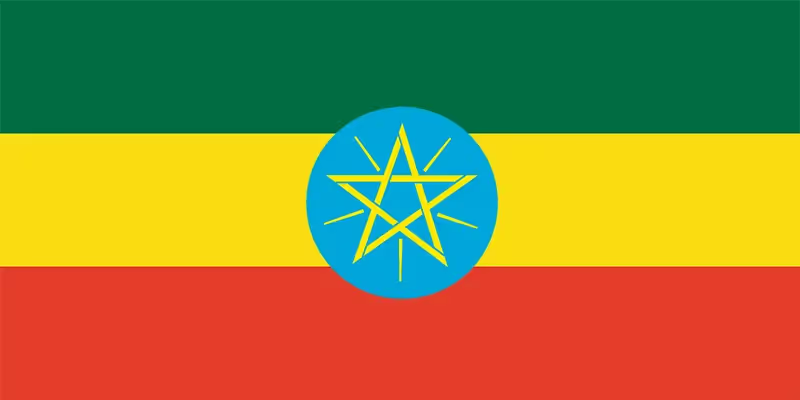
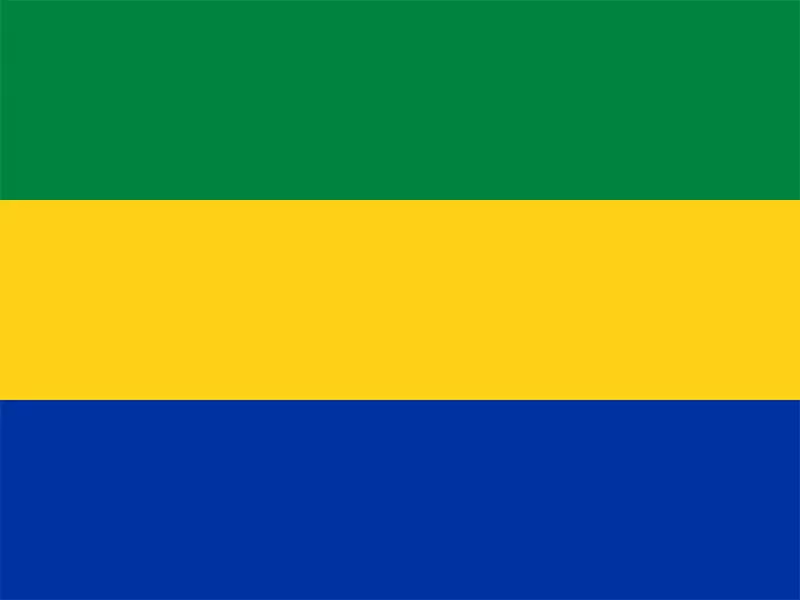
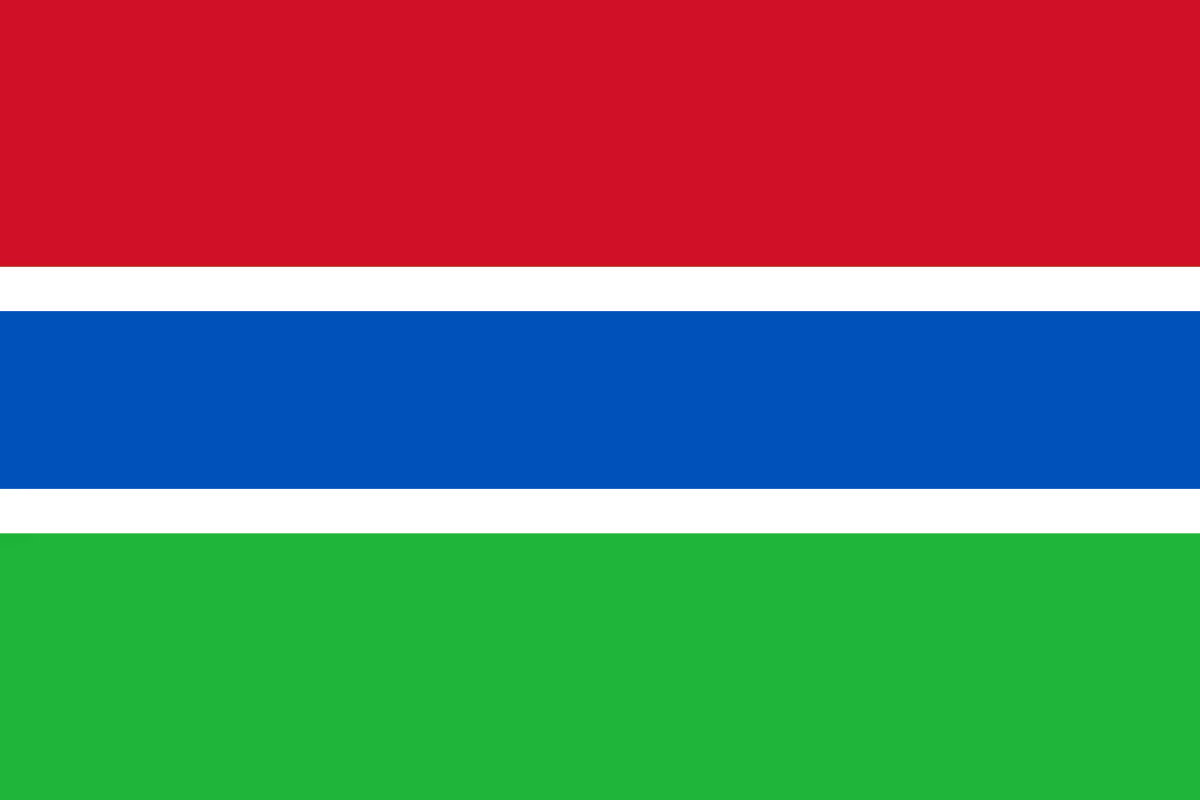
.avif)
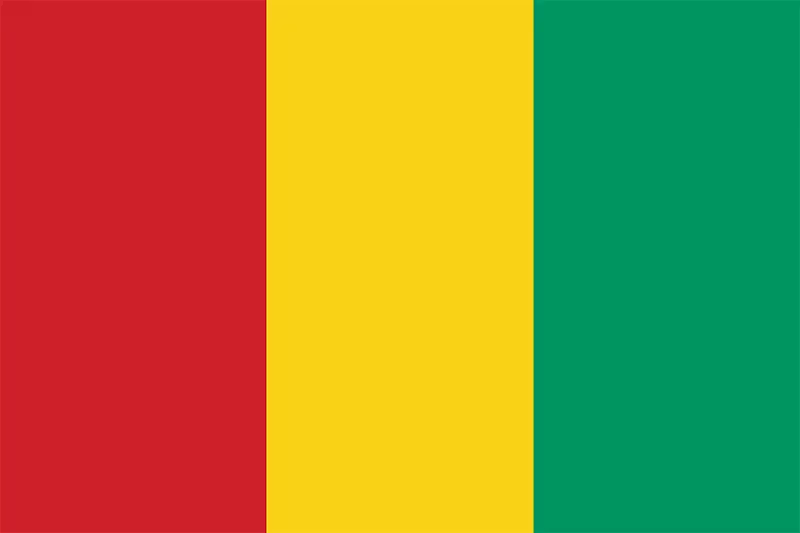
.avif)
.avif)
.avif)
.avif)
.png)
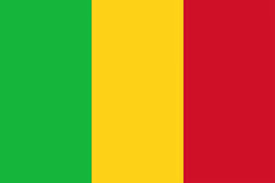


.avif)
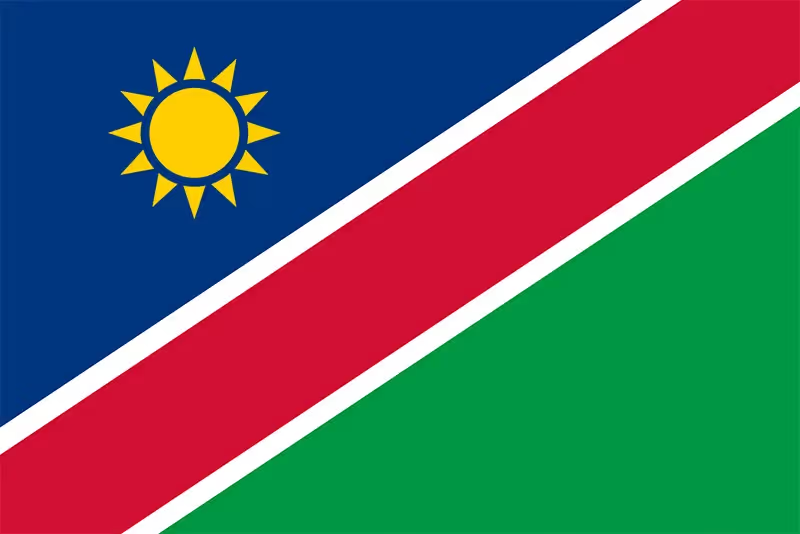
.avif)
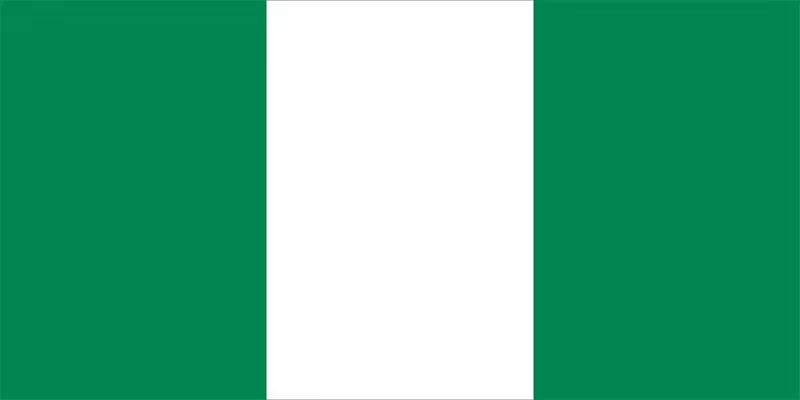

.avif)
.avif)
.avif)
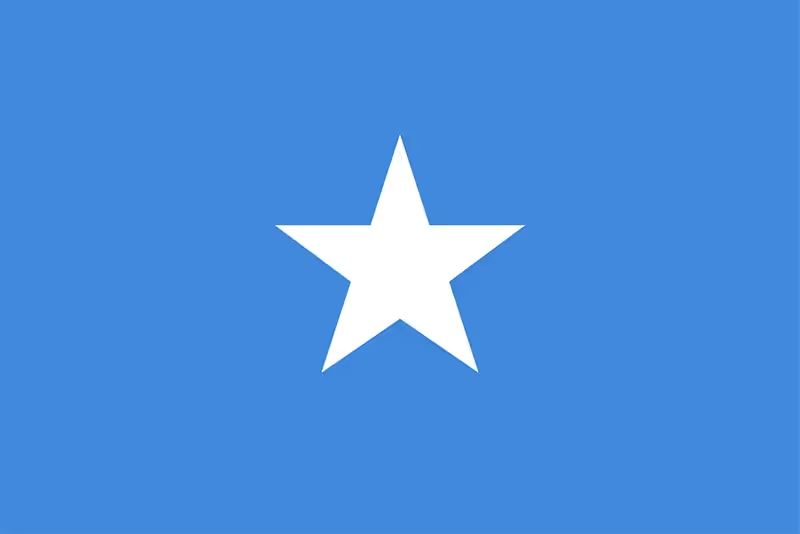
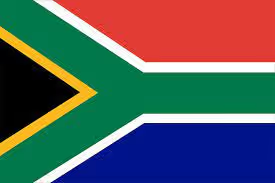
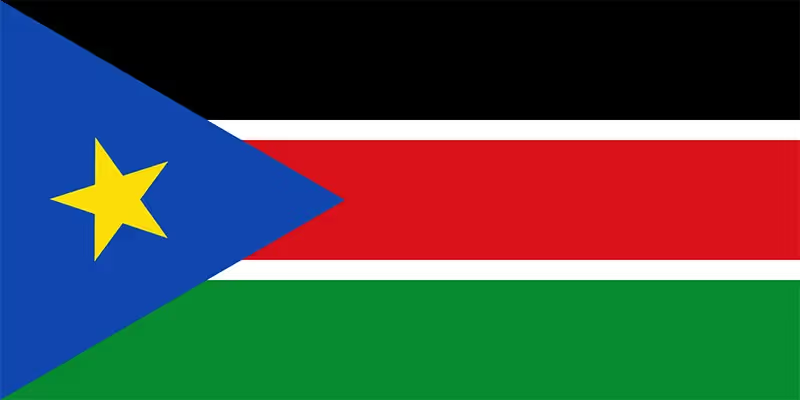
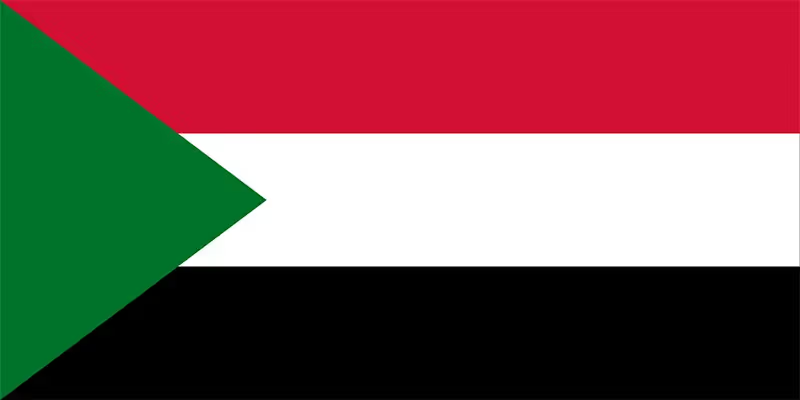
.avif)
.avif)
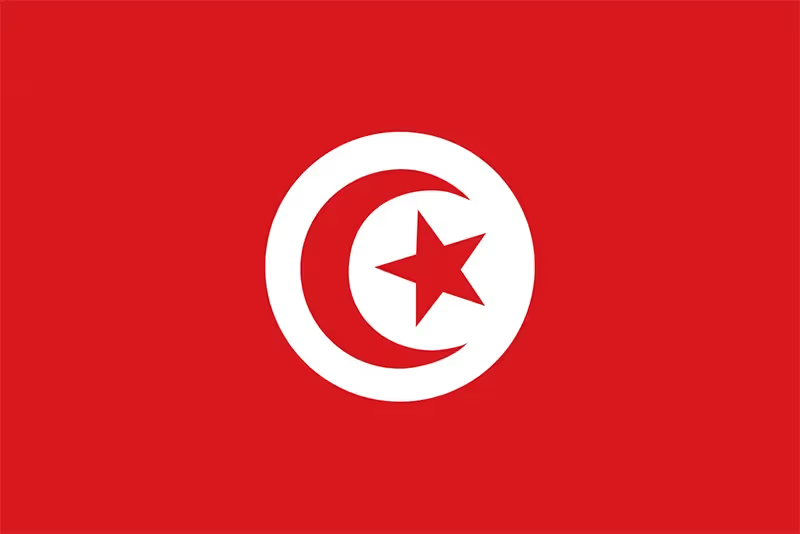
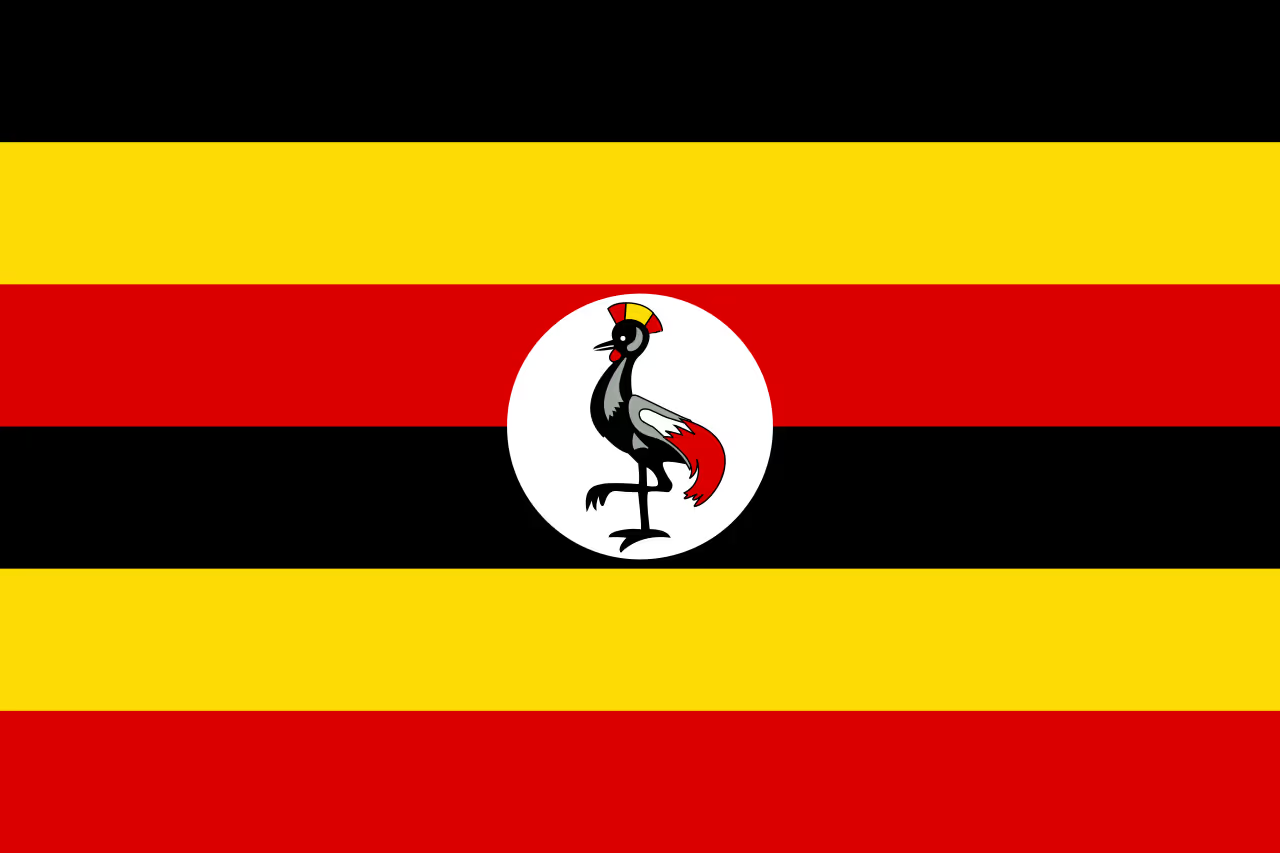
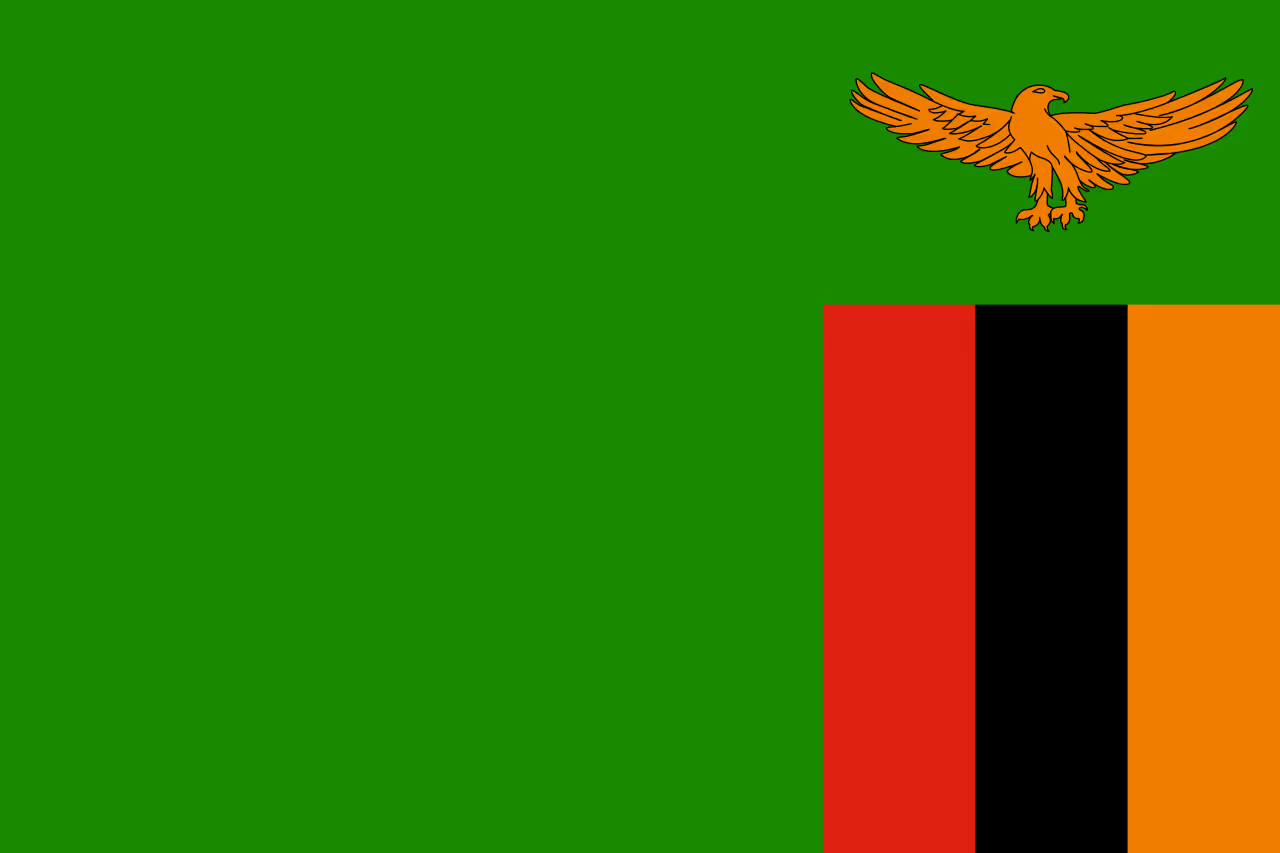
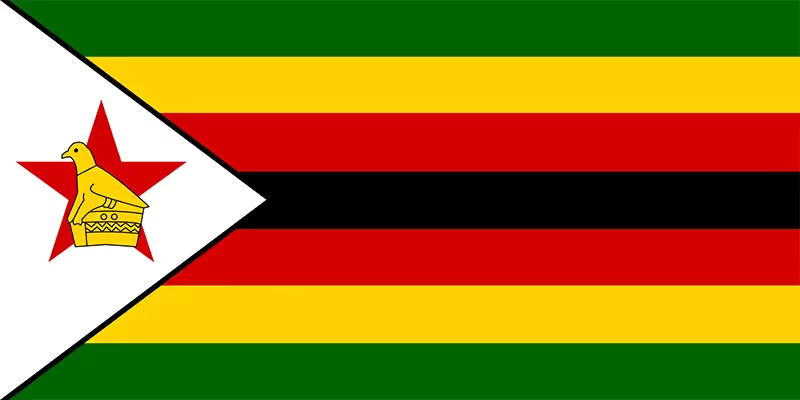
.webp)
